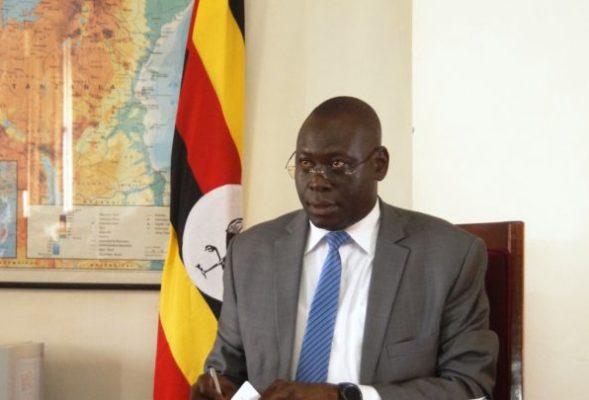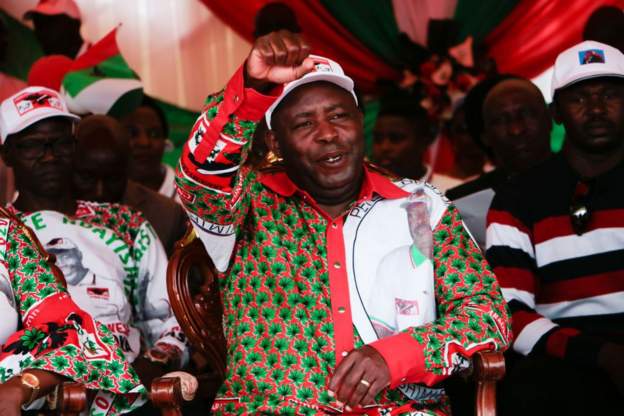Corruption by both youth and local leaders across the country has been cited as a major reason why youth groups have failed to repay the Youth livelihood programme funds in the last three financial years.
The revelation was made by James Ebitu (pictured), the Permanent Secretary, Ministry of Gender, Labour and Social Development while appearing before Parliament’s Committee on Gender to present the 2020/2021 ministerial policy statement.
Ebitu told the Committee that youths and local government leaders connived to defraud the youth groups and thus causing repayment problems.
He also blamed the low repayment of this fund to the poor attitude among some of the youth who embezzled the fund while other diverted it to other personal activities, including deliberate refusal to pay back to the beneficiaries.
Last year, the former Minister for Gender Janat Mukwaya reported that the Youth Livelihood Programme’s recovery stood at 68 per cent after collecting Shs26.08bn out of the 50.5bn that was due.
The impact evaluation report conducted by independent consultants from Makerere University, Uganda Youth Development Link and California University noted that despite the challenges faced the youth Livelihood programme, it had a significant progress in supporting the youth to enhance their income and create self-employment opportunities.
In the last three financial years, government injected Shs89.8bn and benefited 241,799 youth across the country and of which 40% are female.
The report indicate that the youth Livelihood programme contributed 4% to job creation of which 200,000 were direct and 500,000 jobs indirect.
Currently, the ministry of Gender is considering returning the Youth livelihood programme phase 2 focusing on skilling the youth.
Meanwhile, the Ministry has admitted before Parliament that it is stuck with the rollout of the Social Assistance Grants for Empowerment (SAGE) which is targeting older persons in the 85 districts.
Ebitu said that the programme is in a shortfall of Shs45.58bn with the amount required to sustain this programme rollout estimated at Shs142.4bn of which Shs34bn will come from donors and government is required to avail the remaining Shs108bn.
However, only Shs62bn has allocated for the next financial year 2020/21.
He stated that the available resources cannot support the full payment of the estimated 358,000 beneficiaries across the country.





